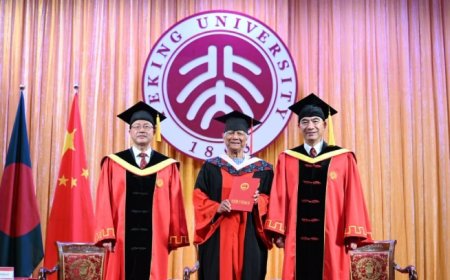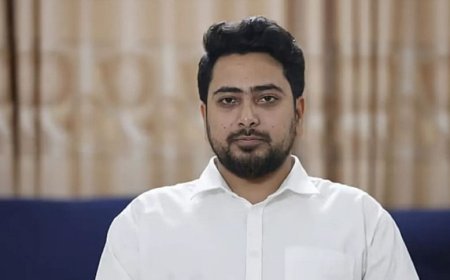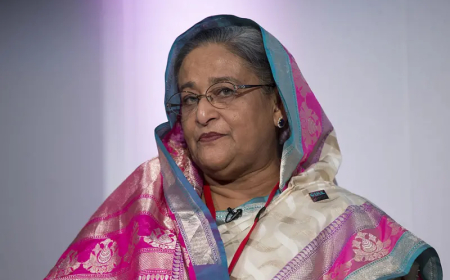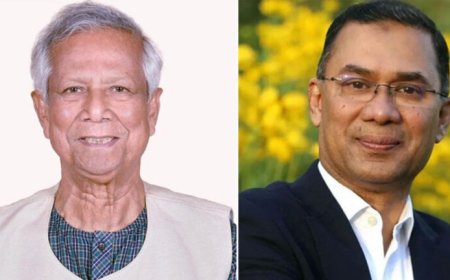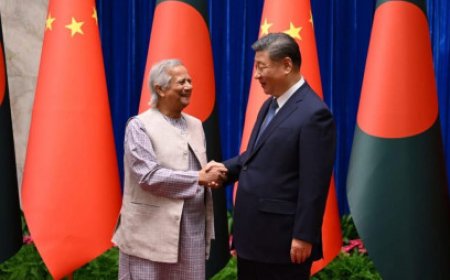As Trump returns, will Japan be able to weather the storm?
A perfect storm is brewing for the U.S.-Japan relationship with Donald Trump’s return to the White House this week.
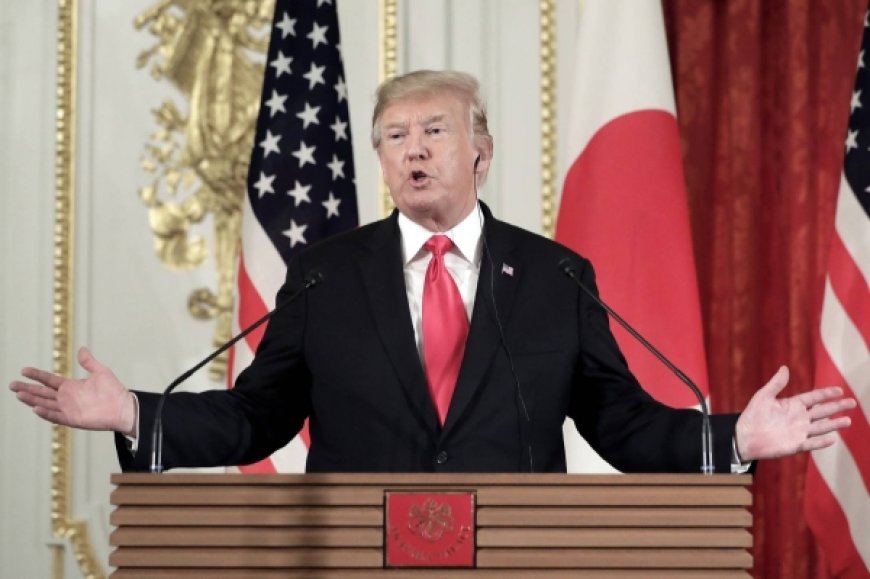
A perfect storm is brewing for the U.S.-Japan relationship with Donald Trump’s return to the White House this week.U.S. President Donald Trump speaks during a news conference at Akasaka PalaceA perfect storm is brewing for the U.S.-Japan relationship with Donald Trump’s return to the White House this week.
When Trump is sworn in on Monday in Washington, he is widely expected to bring his transactional view of alliances to the Oval Office once again.Menu
As Trresident Donald Trump speaks during a news conference at Akasaka Palace in Tokyo in May 2019.
Then-U.S. President Donald Trump speaks during a news conference at Akasaka Palace in Tokyo in May 2019. | BLOOMBERG
A perfect storm is brewing for the U.S.-Japan relationship with Donald Trump’s return to the White House this week.
When Trump is sworn in on Monday in Washington, he is widely expected to bring his transactional view of alliances to the Oval Office once again.
For Japan, this could mean anything from a louder demand that Tokyo cough up more cash for hosting U.S. troops to a renewed push for it to further jack up defense spending.
Or it could mean a return to threats of onerous tariffs on Japanese steel, aluminum and automobiles.
Or it could mean a combination of all three.
Trump’s triumphant return will also come as Prime Minister Shigeru Ishiba, the unpopular head of a minority government, grapples with how to win over the mercurial incoming U.S. president.
The only certainty at this point, experts say, is that Trump will bring uncertainty.
Nevertheless, Tokyo may be surprisingly more suited to weather this storm than it was during Trump’s first stint.
As the allies mark the 80th anniversary of World War II’s end this year — and coincidentally the signing of the U.S.-Japan Security Treaty in Washington exactly 65 years ago Sunday — Trump will confront an alliance very different from the one he dealt with during his first term.
The two countries have welcomed “a new era” in their bilateral alliance, strengthening defense cooperation to a level hitherto unseen, largely in response to China's growing military assertiveness. This cooperation includes plans that will see an upgrade to the U.S. military’s command in Japan and the establishment of a Self-Defense Forces permanent joint military headquarters, with both moves helping streamline interoperability in the event of a crisis.
These historic shifts reflect a deeper military integration, positioning the alliance as a central pillar of Washington’s Indo-Pacific strategy — a reality that will at least partially ease concerns in Tokyo.
“The U.S. alliance managers should be broadly content with the direction of travel in Japanese security cooperation with the U.S.,” said Christopher Hughes, a professor of international politics and Japanese studies at the University of Warwick in England. “Trump himself is unlikely to have the attention span for the details.”
Trump may also find it more difficult than before to explicitly call out Tokyo for alleged shortcomings on defense spending, as he did with NATO countries during his presidential campaign.
Japan has broken from decades of precedent with a plan to spend 2% of gross domestic product on defense by fiscal 2027 — just one signal that Tokyo is now more ready than ever to shed some of the postwar constraints on its military.
Even so, Japan’s defense budget and cost-sharing for hosting U.S. troops are likely to remain “headline issues” for Trump, Hughes said.
“I would expect him to push Japan to speed up on reaching 2% of GDP on defense, at least, and then to go further,” he said.
